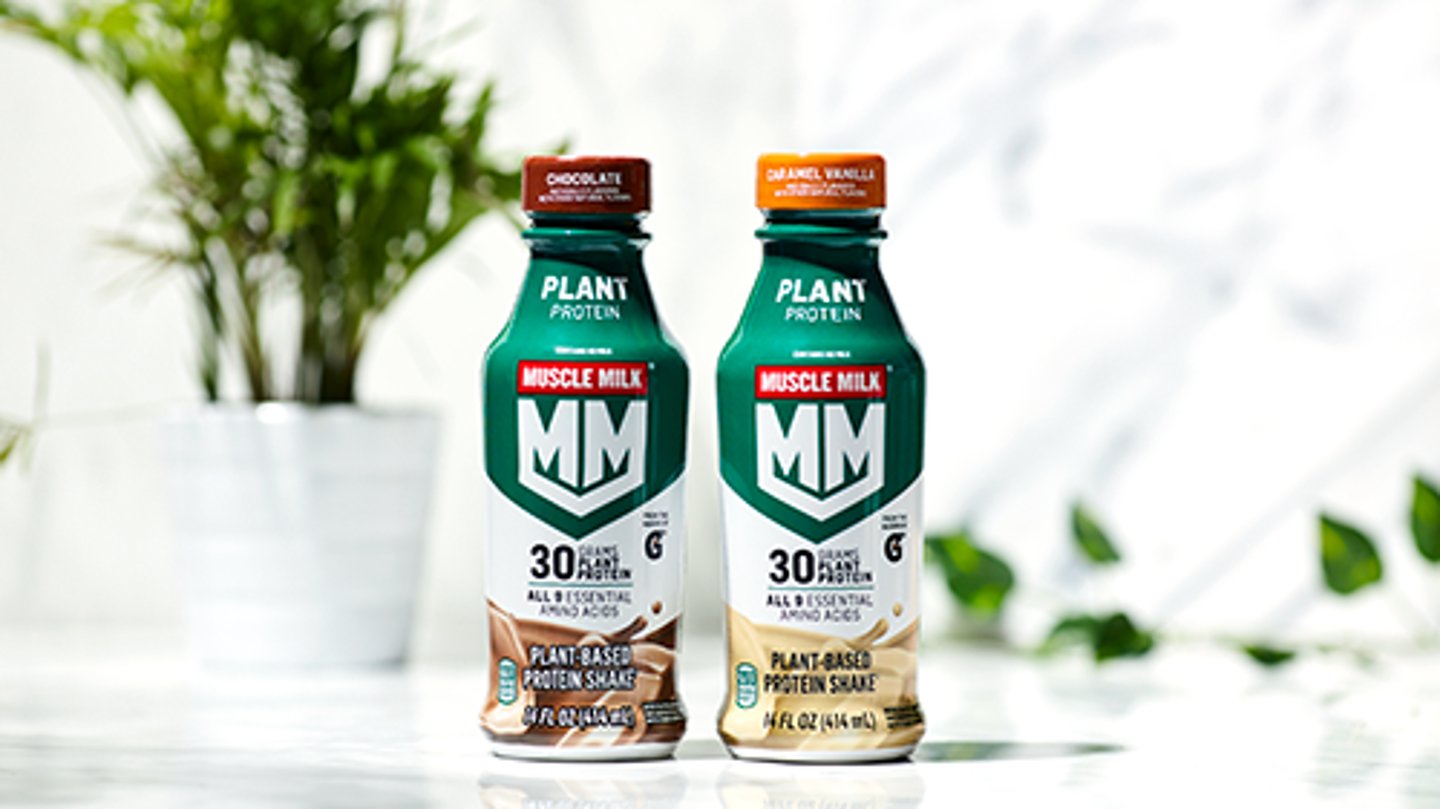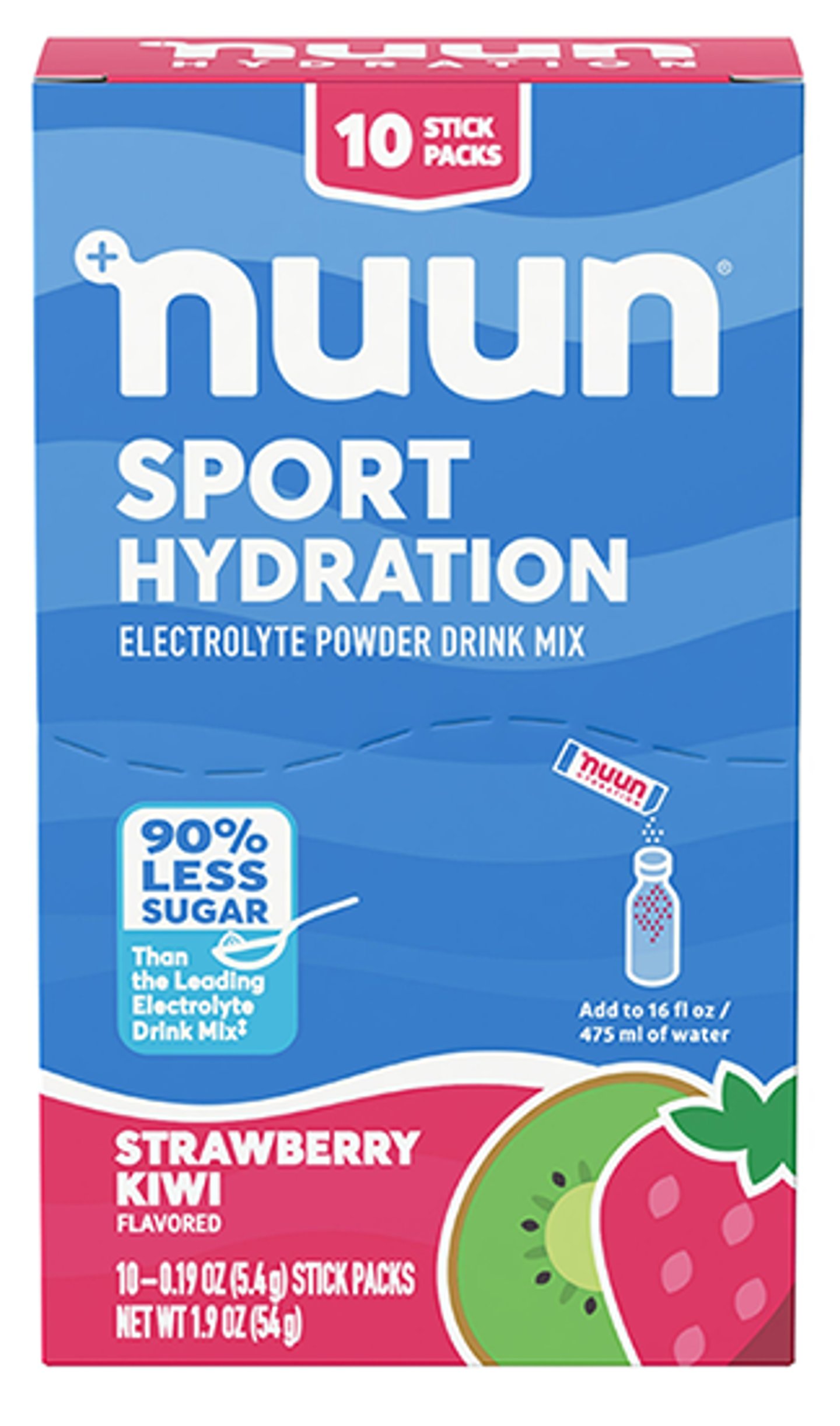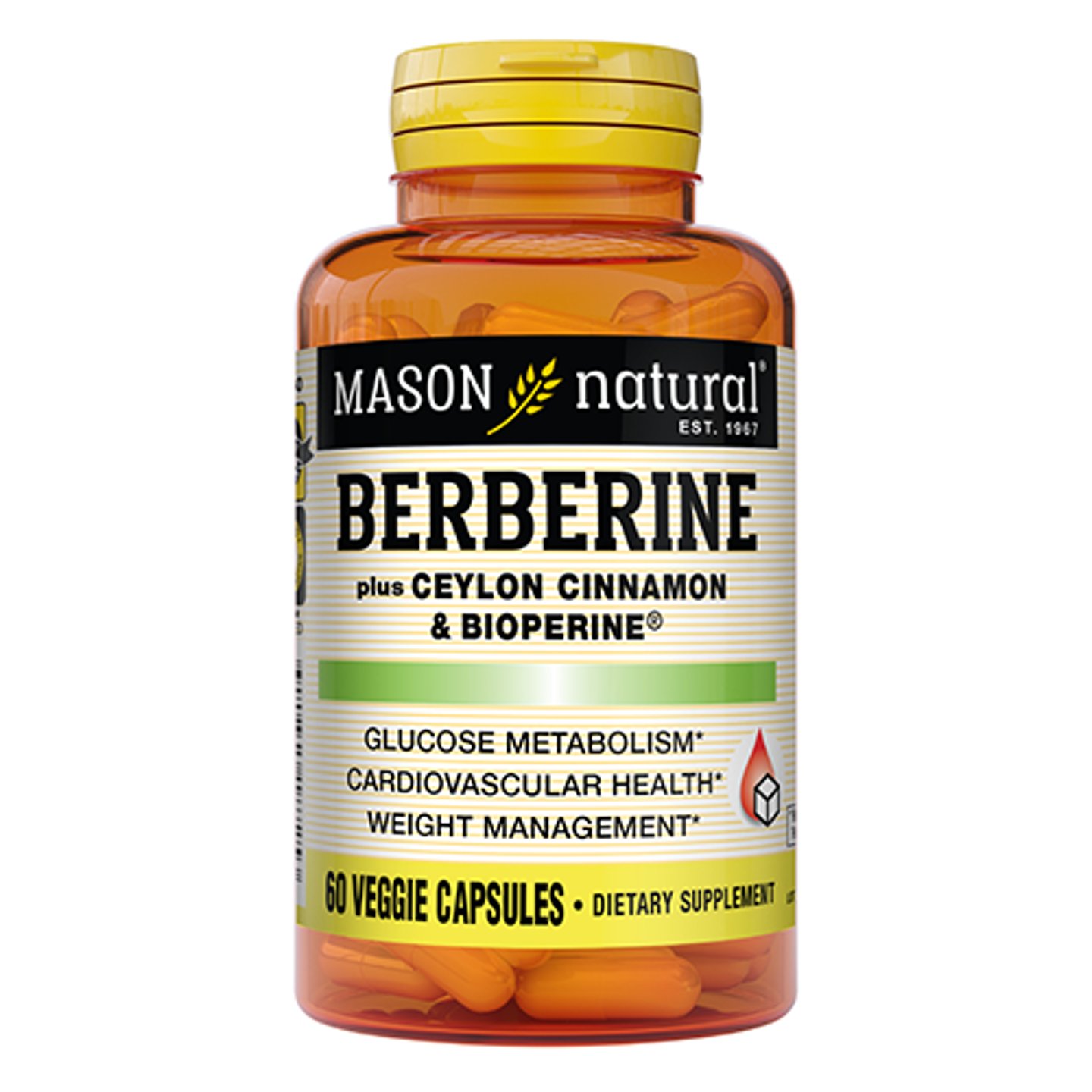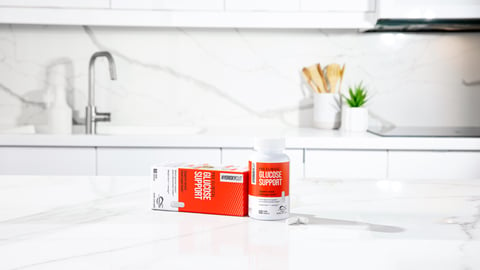Sports nutrition category is poised for growth
When it comes to supporting optimal athletic performance or fighting the battle of the bulge, consumers increasingly are turning to vitamins, minerals and other supplements for a little help. That reality is expected to translate into robust growth for the sports nutrition and weight management product markets in the half-decade or so to come.
The global sports nutrition market was valued at $45.24 billion in 2023, according to a 2024 report from San Francisco-based Grand View Research, and is expected to expand at a compound annual growth rate of 7.5% between 2024 and 2030. The global weight loss supplement market, meanwhile, was valued at $29.96 billion in 2023, said another 2024 report from Grand View Research. That market is projected to grow at a CAGR of 13.7% between 2024 and 2030.
Not Just for Bodybuilders
On the sports nutrition front, companies are catering to an increasingly diverse consumer base. “The category archetype has changed, and there’s no longer one type of consumer reaching for sports nutrition products,” said Marissa Pines, senior marketing director for the Gatorade portfolio of Purchase, N.Y.-based PepsiCo, which owns the Muscle Milk brand.
Laura Chamberlain, chief customer officer for Green Bay, Wis.-headquartered Nature’s Way, agreed. “Sports nutrition, a category that used to be reserved for male bodybuilding, has also evolved by highlighting products to support mainstream fitness goals across genders and age,” Chamberlain said. “In part, this has been driven by impactful social media fitness influencers.”
Despite the diversity of consumers, protein remains a major focus. “Active adults of all shapes and sizes are looking to incorporate more protein into their diets and lives,” Pines noted.
[Related: September Digital Edition Stories]
Moreover, demand for plant protein is rising, she said, as more athletes and “everyday consumers” look for solutions that fit their flexitarian or plant-based diets. The new Muscle Milk plant protein shakes are on-trend here. Available in chocolate and caramel vanilla flavors, the shakes offer 25 g to 30 g of plant protein per container.
“This high-quality drinkable protein provides essential nutrients for muscle recovery, including all nine essential amino acids found in most animal-based protein,” Pines noted, “and is backed by the expertise of the Gatorade Sports Science Institute.”
Sports nutrition consumers also are embracing products that support muscle preservation, offer nutrients to promote hair and skin health and hydrate the body, added Rania Abou-Samra, global head of product technology and development and head of R&D, U.S. for Nestlé Health Science, Bridgewater, N.J.
Speaking of hydration, Nuun Hydration, a Nestlé Health Science brand, recently introduced Nuun Sport Hydration electrolyte powder drink mix. Featuring five essential electrolytes, the mix contains 90% less sugar than other electrolyte drink mixes, the brand said.
Seeking Satiety—and More
Meanwhile, 73.6% of U.S. adults aged 20 and older are overweight, including 41.9% who are obese, according to the Centers for Disease Control and Prevention. What’s more, obesity rates have more than doubled in U.S. adults and children since the 1970s, the Washington,-based Food Research and Action Center reports. It should come as no surprise that many consumers are looking for a little help to shed some pounds.
Consumers specifically are seeking products that help control the appetite, offer blood sugar support and promote a healthy metabolism, Chamberlain noted.
“These needs are often met with fiber and protein supplements, along with ingredients that offer metabolic and blood sugar support like berberine and chromium to help manage cravings,” she said.
The GLP-1 Factor
Initially used to treat type 2 diabetes, glucagon-like peptide-1 (GLP-1) agonists, such as Ozempic, have become popular drugs for weight loss. But these prescription options are not necessarily a growth threat to other weight management solutions. In fact, they could open new opportunities within the supplement space.
“It’s important to note that with the new anti-obesity medications comes a new set of consumer needs,” said Jonathan Clinthorne, Ph.D., senior director, nutrition for Atkins Nutritionals, part of Denver-based Simply Good Foods USA Inc. “These medications significantly reduce caloric intake, so supplemental vitamins and minerals, as well as protein-fortified foods and beverages, become increasingly important for this consumer.”
[Related: Sports Nutrition Trending Topics]
Opportunity also can be found in a common GLP-1 side effect, constipation, and sagging energy levels resulting from caloric reduction, he suggested. Products with fiber, for example, support regularity, while products with B vitamins can help optimize energy levels.
Recognizing the popularity of GLP-1 medications, Nestlé Health Science, Bridgewater, N.J., introduced a web platform, “to empower individuals on their weight management journey,” noted Rania Abou-Samra, global head of product technology and development and head of R&D, U.S.
In addition to targeted product selection addressing nutritional needs associated with GLP-1 therapy, the resource includes expert nutritional insights tied to GLP-1 therapy, personalized guidance via Registered Dietitian Connect and a supportive community platform.
Speaking of berberine, Chuck Tacl, senior advisor of customer and trade relations for Miami Lakes, Fla.-based Mason Vitamins, explained that a 2022 review of 18 studies examined the effect of berberine on body weight, while another review of 23 studies looked at its effect on body mass index.
“They did see a reduction in BMI and overall weight loss,” Talc pointed out. “Its effect on weight [was seen] primarily in people who took berberine in doses of more than 1 gram per day and for more than eight weeks.”
Mason Vitamins is entering the berberine space, Tacl noted, targeting September 2024 for the launch. The product combines berberine with Ceylon cinnamon and BioPerine to support weight management, glucose metabolism and cardiovascular health. Magnesium and B complex vitamins also are of high interest to consumers with an eye on weight management, Tacl added.
Within this realm, Nature’s Way recently released Alive! zero sugar gummy multivitamins in a version for women and a version for men. Formulated with B-vitamins, they help convert food into fuel, Chamberlain said, and help support energy metabolism, muscle function and more.
[Related: Weight Loss Stories]
Consumers also are turning to protein to promote satiety, explained Jonathan Clinthorne, Ph.D., senior director, nutrition for Atkins Nutritionals, part of Denver-based Simply Good Foods USA Inc.
“Along with an increased demand for protein comes a more educated consumer,” he noted. “Concepts like complete proteins and high-quality proteins are starting to enter consumer awareness. It also seems that consumers are seeking protein in many different formats, with protein chips and protein shakes seeing tremendous growth.”
Atkins recently launched Atkins Strong high-protein shakes with 1 g of sugar and 7 g of prebiotic fiber. The shakes feature 30 g of protein, come in vanilla and chocolate flavors and contain 21-plus essential vitamins and minerals.
Roadblock Ahead?
Despite the high interest and abundance of innovations within the sports nutrition and weight management product space, a growth threat looms. A law that went into effect in October 2013 in New York prohibits retailers from selling dietary supplements to consumers under 18 years old if the products or their ingredients are represented, via labeling or marketing, for weight loss or muscle building. Tacl, who is also the retail relations chair for the Council for Responsible Nutrition, noted that several other states are considering similar legislation.
“CRN is legally fighting that restriction in New York,” he noted. “They feel that it would inhibit the opportunity for people to use those supplements. ...Some retailers just pulled all of the products from their shelves in New York because they don’t have the systems to handle that.”








